I have a suggestion or two how to fix Hollywood’s Latino diversity problem.
Well, maybe not fix. But at least make a good start.
The problem in perspective
In a recent commentary for CNN, Felix Sanchez, chairman and co-founder of the National Hispanic Foundation for the Arts, noted that Latinos are 18% of the US population, but 23% of the movie-going public. At the same time Latinos are the most under-cast demographic. Latinos in leading roles decreased precipitously over the last decade.
Last year, NPR reported on the findings of a study done by the University of Southern California which concluded there is an “epidemic of invisibility” and “an inclusion crisis.” According to the study, “across TV and film, the underrepresentation of non-white characters falls mostly on Hispanics. Among more than 10,000 characters whose race could be identified, proportions of white, black and Asian characters came close to U.S. population figures. But Hispanics were just 5.8 percent of characters.”
Whatever happened to “follow the money?”
I’m scratching my head over the economic angle. If such a large segment of the population is interested in cinematic entertainment and has proven itself willing to spend money on this entertainment, why doesn’t the entertainment better reflect that audience?
In an essay posted on whosay.com, award-winning actress Gina Rodriguez wrote “I am told time and time again ‘Latinos don’t watch Latino Movies. Latinos don’t support each other’ and sadly that is true . . . The industry sees money, the excuse can’t be racism . . . Let’s start making noise with where it matters most, where we put our dollars. Go support these films, watch these shows.”
To follow the money, then, we should have more projects that appeal to multiple audience segments while featuring Latinos in realistic and relatable roles.
If done right, such projects would be ripe for distribtion across the Western Hemisphere in both English and Spanish, creating powerful economic entertainment brands and paving the way for greater Latino actor opportunities.
Moment of honesty
Yes, I’m thinking of the potential of a Emilia Cruz television series or movie. Tough Latina protagonist, Acapulco in all its grime and glory under a hot sun. Danger, betrayal, corruption. Tentative attempts to have a personal life with an American lover.
All the elements of a commercial blockbuster for audiences across the Western Hemisphere, able to make a real dent in Hollywood’s Latino diversity problem with realistic characters whose issues resonate across ethnic lines.
Next best thing
If a Detective Emilia Cruz series never happens, I offer an equally compelling solution.
Remake The High Chaparral.
I grew up in the Golden Age of Westerns. Gunsmoke. The Rifleman. Laredo. All great shows but for my family, the standouts were The Big Valley and The High Chaparral.
My older sisters and I played play-acted on Saturday mornings as we did chores, with both shows as the setting. My sisters swooned over Lee Majors as Heath in The Big Valley, the saga of the rich Barkley family, and never really recovered when he later became the Six Million Dollar Man. Both wanted to link up with him in our play-acting, although now and then one of them threw a sop to actor Peter Breck, cast as middle brother Nick Barkley, and claimed him. No one ever wanted to marry Jarrod Barkley, the bookish oldest brother on the show. He wore suits and worked in an office. Nick and Heath wore six-shooters and were always outside fixing fences.
As much as we all loved The Big Valley and Barkley matriarch Barbara Stanwyck, the show that most captured our attention was The High Chaparral. Although none of us could articulate it at the time, the show stood out for its well-crafted backstory and layered relationships between family members.
Before its time
In The High Chaparral (1967-71) widowed rancher John Cannon moves to Arizona after the Civil War to make a new start for himself and his teenaged son, Blue. John’s brother Buck, a professional wanderer, comes along for the ride.
John buys ranch land from a wily Mexican, Don Sebastian Montoya, who throws in his daughter to clinch the deal. Victoria is beautiful, headstrong, and getting long in the tooth. John and Victoria reluctantly marry and she moves out to the Cannon ranch. Along with Victoria, John realizes he’s also got her brother on his hands. Manolito is charming and handsome but flighty. Everybody now has to figure out how to live together amid frontier drama and a lot of cows.
The High Chaparral had all the right stuff:
- A rocky marriage that becomes a true romance,
- Awkward stepmother-stepson relationship, with Blue trying to come to grips with his father’s iron will and find his own path,
- Respectful multicultural elements, with authentic Latino characters instead of caricatures or stereotypes.
- Sibling rivalry: John Cannon owns the ranch, Buck owns his horse and saddle. Manolito doesn’t want to be tied down; Victoria wants him to grow up.
- The bromance between Buck and Manolito provided comic relief with peppery dialogue and plots that got them off the ranch and into trouble. Neither man was completely trustworthy.
Both my sisters were in love with Henry Darrow, who played Manolito. Cameron Mitchell as Buck Cannon, however, sat out Saturday mornings in the corner with Jarrod Barkley.
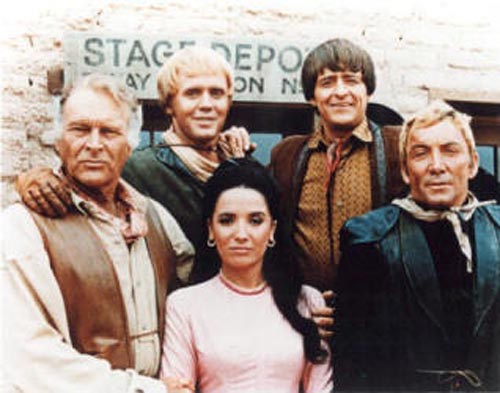
Photo courtesy thehighchaparral.com L-R Leif Erickson (John Cannon), Mark Slade (Blue Cannon), Linda Cristal (Victoria Cannon), Henry Darrow (Manolito Montoya), Cameron Mitchell (Buck Cannon)
Updating The High Chaparral
The High Chaparral broke ground but I’d update it a bit for today’s audience. Still a multi-cultural, multi-generational show, but with a few tweaks:
- Close the age range between Victoria and John. Give her more of a backstory and reason of her own to marry John. Possibly make her a widow with a young child.
- Both John and Buck are veterans of the Civil War. Emphasize this to reflect today’s veterans’ experience and what we know about PTSD.
- Emphasize the dramatic landscape with overhead shots to emphasize the difficulty of scraping out a life in the old West and the tension it brings to interpersonal relationships.
Something for everybody
A new version of The High Chaparral would have something for everybody:
The Latino audience = true-to-life characters, no stereotypes or caricatures
Romantics = the evolution of John and Victoria’s love story
Bromantics = the Buck and Manolito show
Millenials = Blue as millennial character navigating stern father, plus “mentors” Buck and Manolito
Blue Bloods viewers = Multi-age cast, family values, overdue return of the Western
Blended family advocates = Sibling rivalries, Victoria as stepmother, John as stepfather, plus troublesome brothers and scheming father-in-law
Solving problems, one show at a time
There you have it. A Detective Emilia Cruz show and a remake of The High Chaparral. Two suggestions for solving Hollywood’s Latino diversity problem.
I’m now off to tackle world peace.
You may also like
Author to Author with Liese Sherwood-Fabre
I had the pleasure of meeting Liese Sherwood-Fabre when we were fellow panel members at a mystery...
Best Books to Read According to Contest Judges (and me!)
Today I’m sharing 9 books by friends of the Mystery Ahead newsletter (and 1 by yours truly) that...
Elections This Year are the Stuff of Fiction
In BARRACUDA BAY, the upcoming Detective Emilia Cruz mystery set in Acapulco, elections for mayor...
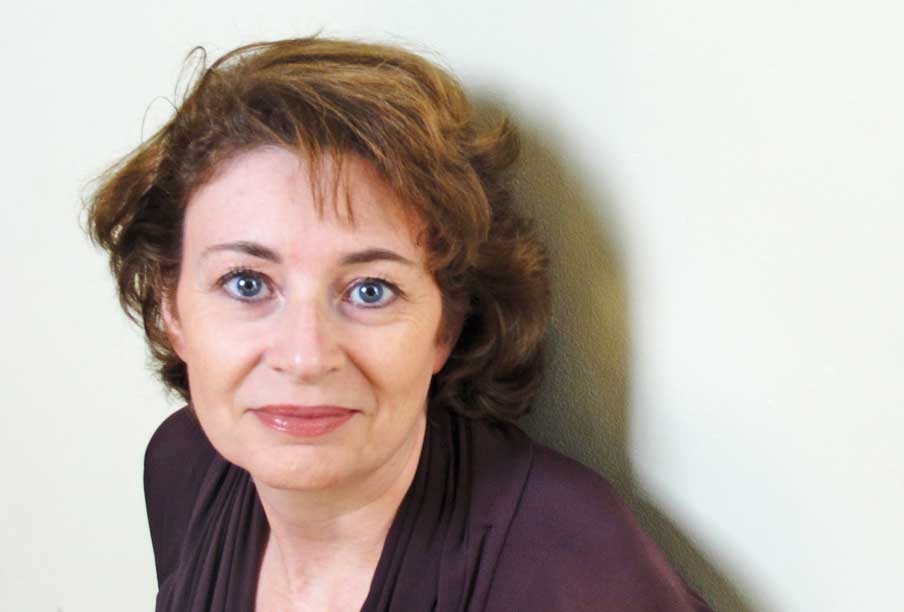
CARMEN AMATO
Mystery and thriller author. Retired Central Intelligence Agency intel officer. Dog mom to Hazel and Dutch. Recovering Italian handbag addict.


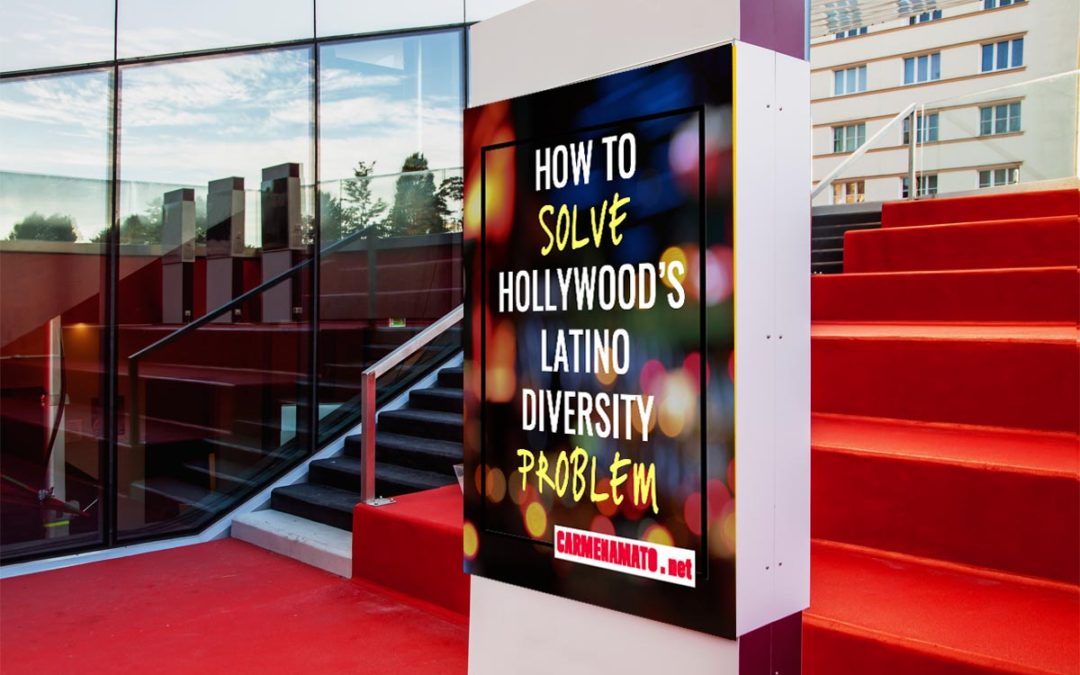
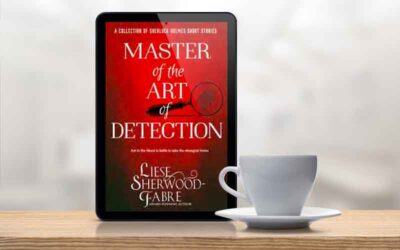

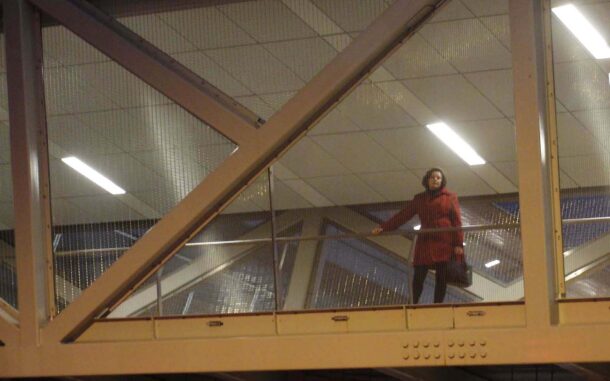
0 Comments